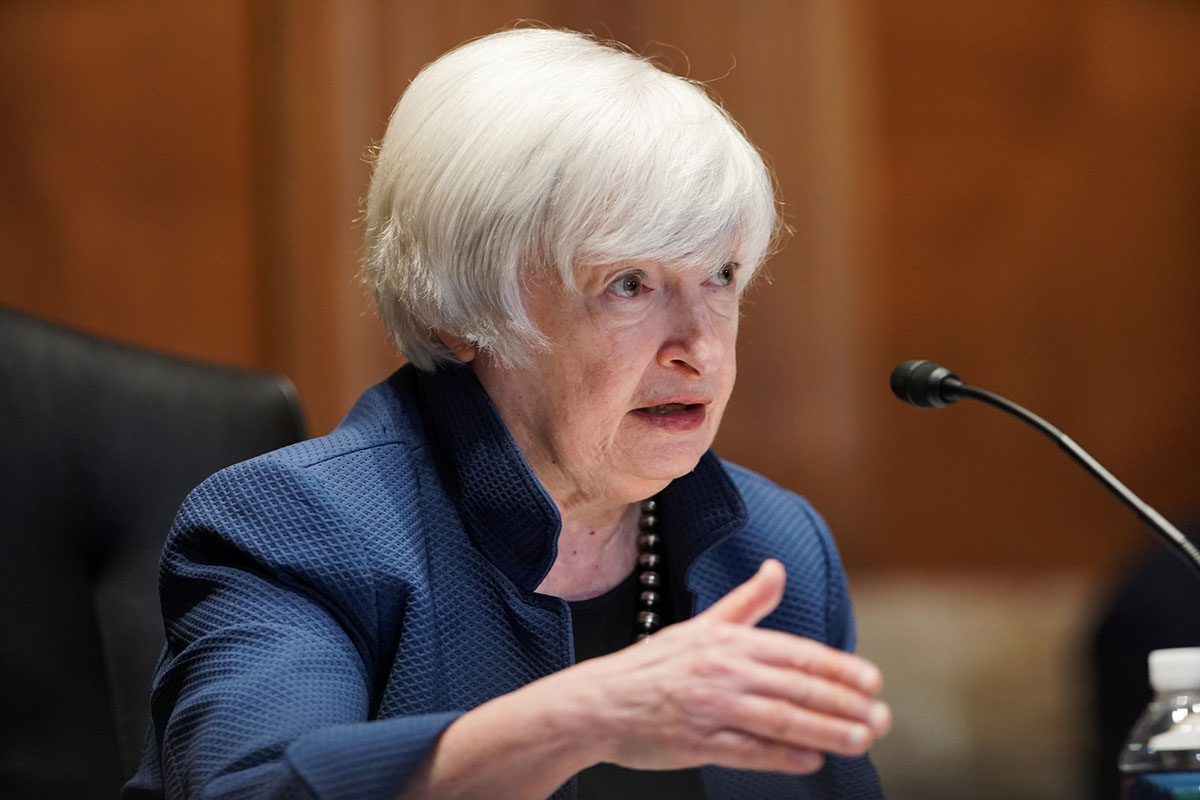Home>Finance>What Is A Management Fee? Definition, Average Cost, And Example


Finance
What Is A Management Fee? Definition, Average Cost, And Example
Published: December 21, 2023
Learn about management fees in finance, including their definition, average cost, and a real-world example. Understand how these fees impact your investments.
(Many of the links in this article redirect to a specific reviewed product. Your purchase of these products through affiliate links helps to generate commission for LiveWell, at no extra cost. Learn more)
Understanding Management Fees in Finance
Managing your finances can be a complex task, especially when it comes to investing. As you delve deeper into the realm of finance, you may come across terms such as management fee. But what exactly is a management fee? In this article, we will break down the definition of a management fee, explore its average cost, and provide an example to help you better grasp this concept.
Key Takeaways:
- A management fee is a charge imposed by an investment manager or financial institution for the management of an investment portfolio.
- Management fees can vary depending on the type of investment and the level of expertise and services provided by the investment manager.
What Is a Management Fee?
A management fee is essentially a fee that is charged by an investment manager or financial institution for managing and overseeing an investment portfolio. When you invest in certain types of financial products, such as mutual funds or exchange-traded funds (ETFs), you are essentially paying for someone to manage and make investment decisions on your behalf. This is where management fees come into play.
Investment managers are professionals who have the necessary knowledge and expertise to make informed investment decisions on behalf of their clients. They spend extensive time researching the market, analyzing various investment opportunities, and managing the portfolio to maximize returns and minimize risks. As a result, they charge a fee for their services, which is known as a management fee.
The management fee is typically calculated as a percentage of the total assets under management. This means that as the value of your investment portfolio grows, the management fee charged will also increase. However, the percentage charged may vary depending on the investment product and investment manager. It’s important to thoroughly review the fee structure before investing to understand the potential impact on your returns.
Average Cost of Management Fees
The average management fee can vary based on several factors, including the type of investment product, investment strategy, and the level of expertise provided. Generally, actively managed funds tend to have higher management fees compared to passively managed index funds.
The range of management fees can vary between 0.5% to 2% or even higher for certain specialized investment products. However, it’s important to note that management fees are not the only factor to consider when evaluating investment options. Investors should also assess the track record, performance, and other associated costs before making a decision.
An Example of a Management Fee
Let’s consider an example to understand how a management fee works. Suppose you invest $10,000 in a mutual fund with a management fee of 1%. In this case, the annual management fee would amount to $100 (1% of $10,000). If the value of your investment grows to $12,000 the following year, the management fee for that year would be $120 (1% of $12,000).
It’s important to consider the impact of management fees on your overall investment returns. While it’s necessary to compensate investment managers for their expertise and service, it’s essential to find a balance to ensure that the fees do not erode a significant portion of your investment gains over time.
Conclusion
Management fees play a crucial role in the world of finance, enabling professional investment managers to provide expert guidance and services to investors. By understanding what management fees are, their average costs, and their impact on investment returns, you can make more informed decisions about your investment portfolio. It’s important to carefully evaluate the fee structure and assess the overall value provided by the investment manager before committing your hard-earned money.
Remember, when it comes to investing, knowledge is power. By understanding management fees and other relevant concepts, you can navigate the financial landscape with confidence.














